The mask is off Turkish President Recep Tayyip Erdoğan. Against the backdrop of Israel’s war against Hamas terror, Erdoğan has sided unapologetically with Hamas and even suggested Turkey could go to war against the Jewish state. He has called Israeli Prime Minister Benjamin Netanyahu and his cabinet a “genocidal cadre”, and called Israel itself a “terror state”. Even as he supported the Donald Trump-initiated Gaza peace talks, he reportedly opposed Israeli Prime Minister Benjamin Netanyahu’s presence at the Sharm el-Sheikh summit in Egypt.
Erdoğan’s threats are not bluster. He hosts Hamas’ top military planners; Hamas planned multiple terror attacks on Israel from its Istanbul office under Erdoğan’s protection. With Israel assassinating Hamas leaders in Tehran and striking in Doha, Turkey uses its role as a NATO member to give the terror group safe haven. That Turkey is a drone power, may soon acquire the F-35 Joint Strike Fighter if President Trump has his way, and may even be developing nuclear weapons makes Erdoğan’s threats too serious to ignore.
Ideology both guides and blinds Erdoğan. After the International Criminal Court indicted Sudanese President Omar al-Bashir for genocide in Darfur, Erdoğan dismissed the charges and welcomed Bashir to Turkey. “A Muslim could not commit genocide, he is not capable of it,” Erdoğan explained. Guiding Erdoğan’s vision is the notion that Muslims should dominate non-Muslims, and that those who do not espouse his narrow interpretations of Sunni Islam are inferior. If those who practice his own Muslim Brotherhood-influenced vision of Islam fight and even massacre opponents, it is justified and therefore cannot be genocide.
That vision affirms Erdoğan’s support for the Islamic State over Kurds, his continued antipathy toward Armenians, his support for the ethnic cleansing of Nagorno-Karabakh’s indigenous Christian population, and his opposition to any Cyprus solution that would reintegrate the island’s Muslim population into the country’s majority Christian population. It also guides his hatred of Hindus in general and the notion that a majority-Hindu India could rule over a minority Muslim population.
Impact Shorts
More ShortsErdoğan’s decision to raise the Kashmir issue again during last month’s United Nations session foreshadows Turkey’s renewed emphasis and its coming efforts, with Qatari money and Pakistani ideological support, to transform Kashmir’s status into an Islamist and progressive cause. To this end, Turkey is reportedly nominating a lawyer close to Erdoğan himself to replace Italian diplomat Filippo Grandi as the next United Nations High Commissioner for Refugees. As India, after the Pahalgam attack, showed that it will go after terror cells deep in Pakistan, New Delhi should expect Lashkar-e-Taiba and Jaish-e-Mohammed to follow Hamas’ lead and establish offices in Istanbul, not just to disseminate propaganda but also to plan terror attacks.
Erdoğan’s antipathy toward India runs deeper, however. Just as he sees the fall of the Ottoman Empire as a reversible tragedy, so too does he view the fall of the Mughal Empire in the same way. Supporting Muslims throughout India would help, in Erdoğan’s mind, reverse a grave historical injustice.
Hundreds of millions of Muslims live in India and contribute peacefully to society. Their religious identity is important, but so too is their citizenry; they vote as part of a community of almost 150 crore Indians. Erdoğan neither respects nor values democracy and so he cares little for the electoral legitimacy of Narendra Modi or, for that matter, any other non-Muslim Indian leader.
Erdoğan’s goal now will be to incite Indian Muslims to embrace their religious identity before their national identity. As Usanas Foundation head Abhinav Pandya has detailed, he will do this not only with support for terrorist groups but also with a variety of charities, businesses, and Turkish-supported press. Many Indian Muslim non-governmental organisations may not even be aware of where the donations they receive originate. While Erdoğan accuses Hindutva ideology of driving division, in reality, Erdoğan’s export of Islamism sows discord. Erdoğan will never stop; he simply cannot conceive of a situation where Muslims do not either rule all of India or, barring that, do not seek separation, not only in Kashmir but beyond.
It would be naïve for the Indian government to believe it does not have a problem. Already, Turks sully India’s reputation in world bodies and, through its state-run TRT, to the global audience. The danger is not only external but also internal. Incitement is relatively easy, especially in the age of social media; it is much harder to reverse. Erdoğan may not live to see a second partition, but that is his goal. New Delhi must be aware and proactive to ensure Indian Muslims understand that Erdoğan carries a colonial attitude and seeks to create dynamics of destruction that could lead India’s Muslim community to disaster. For Erdoğan, Israel is the appetizer, but India would be the main course.
Michael Rubin is director of policy analysis at the Middle East Forum and a senior fellow at the American Enterprise Institute. Views expressed are personal and do not necessarily reflect Firstpost’s editorial stance.


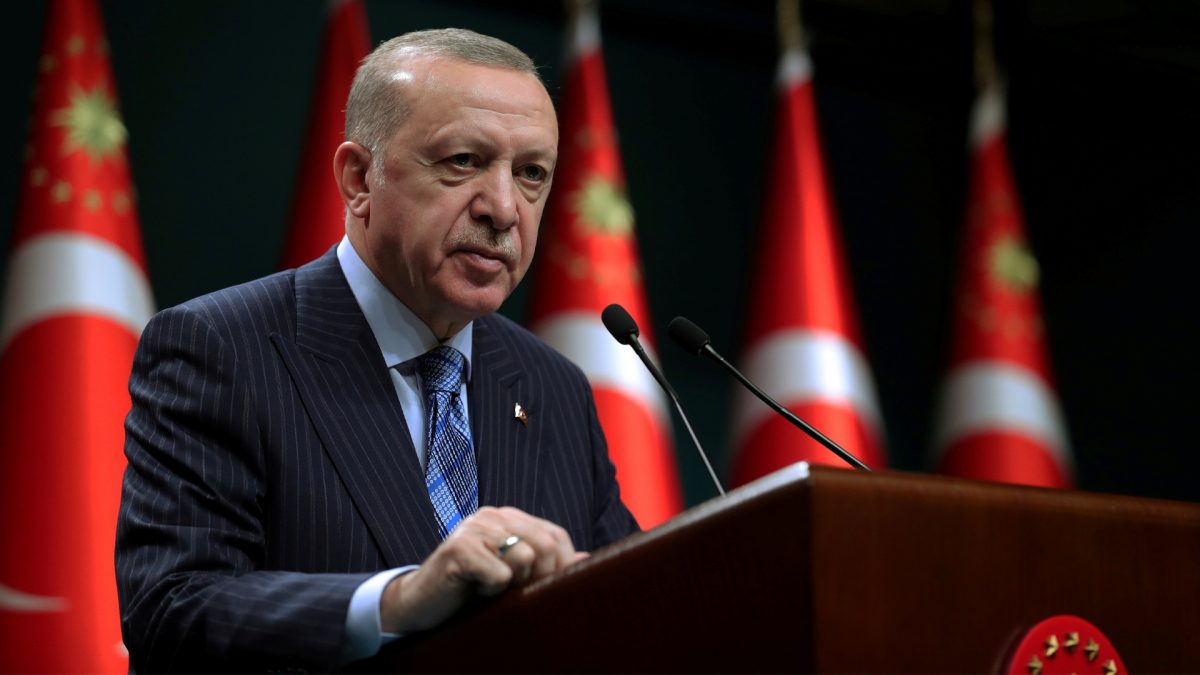)
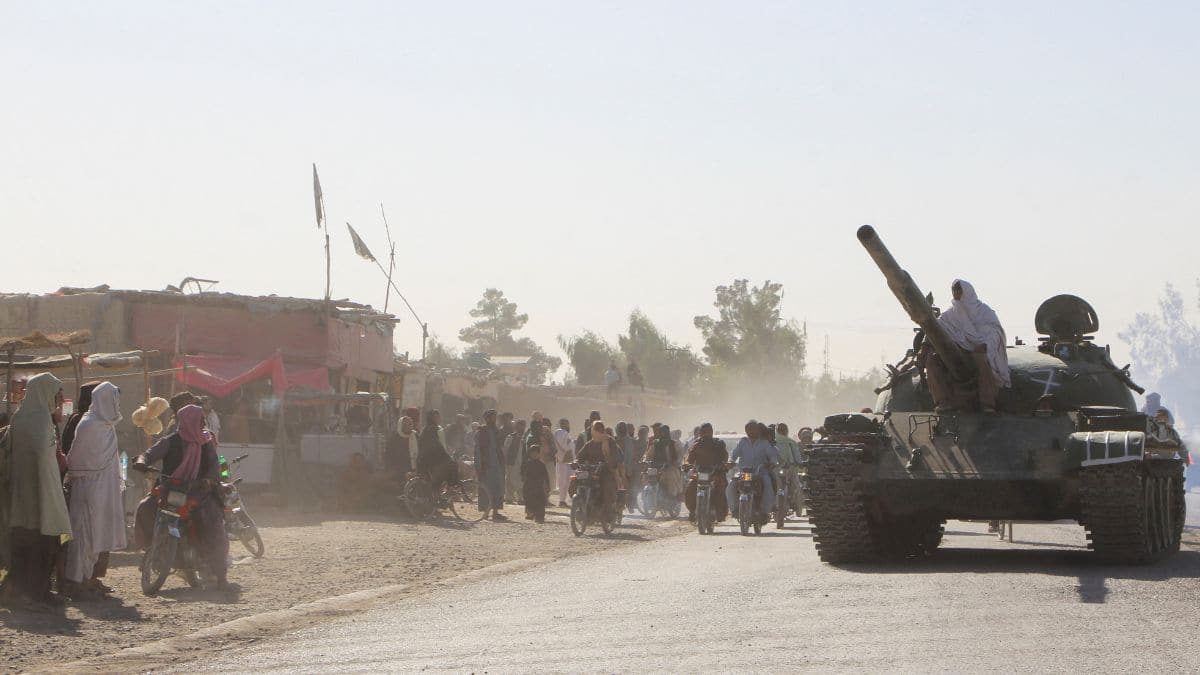
)
)
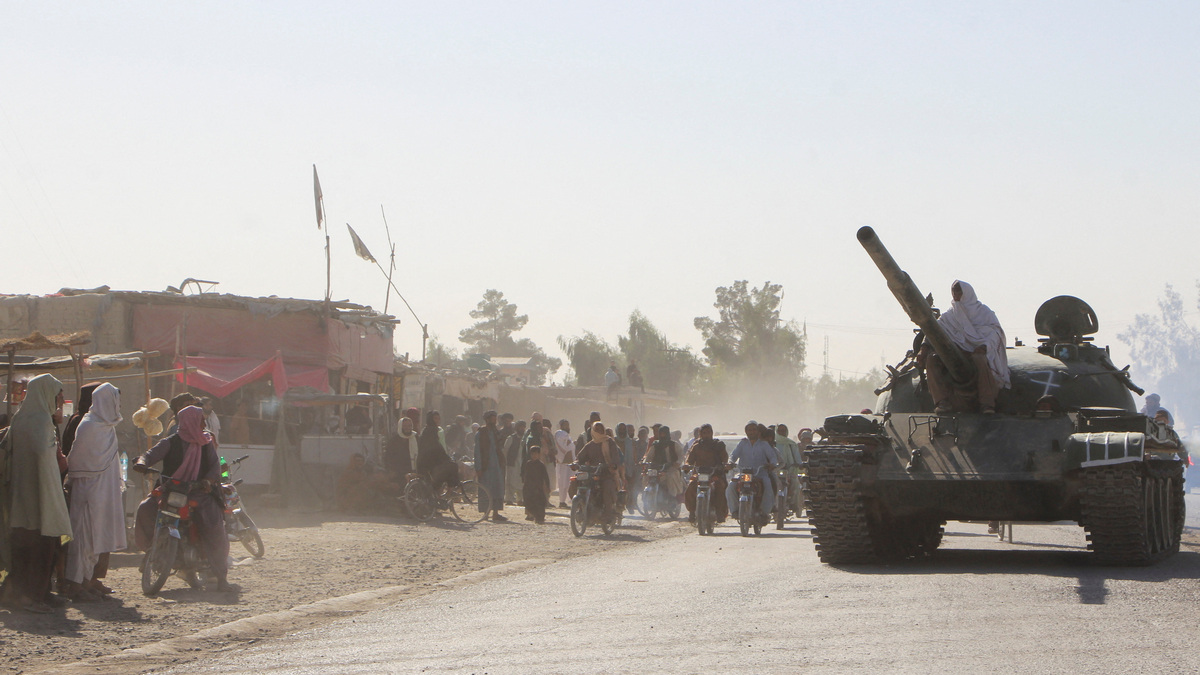)
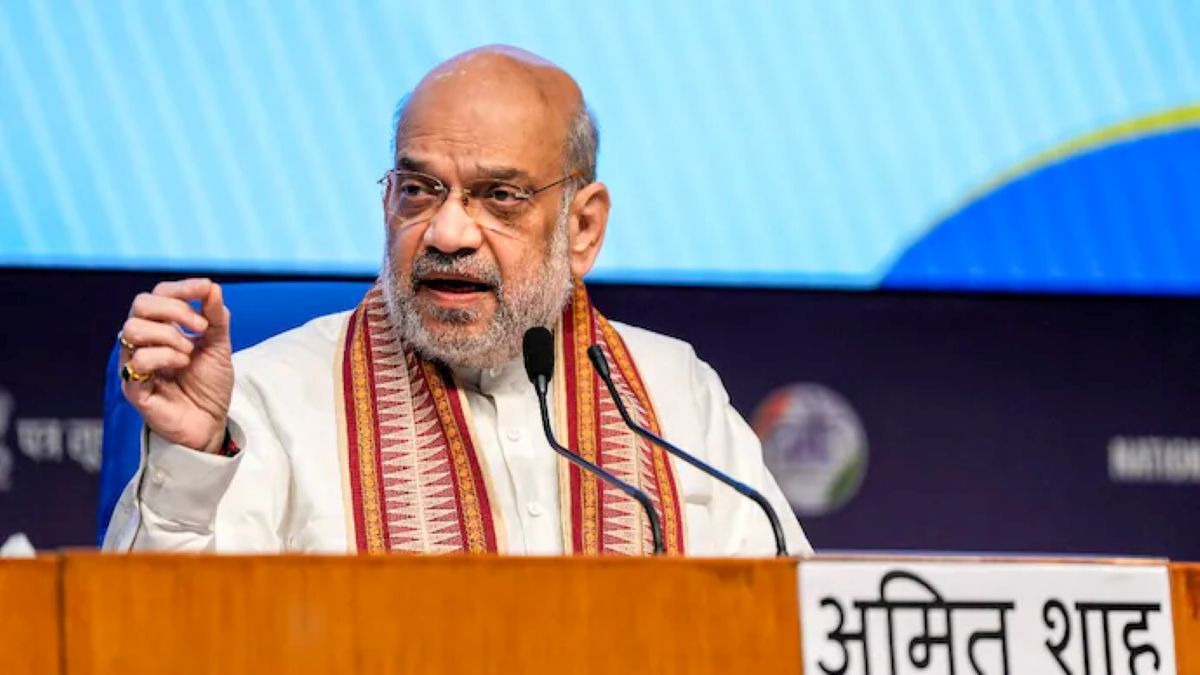)
)
)
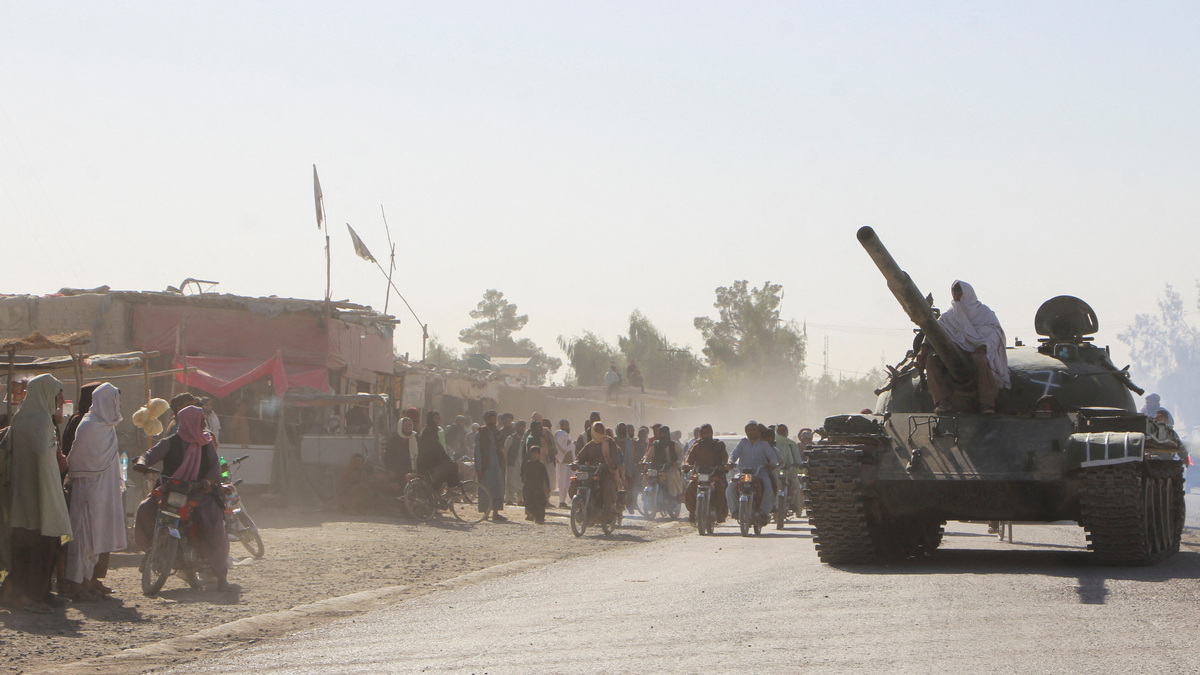)
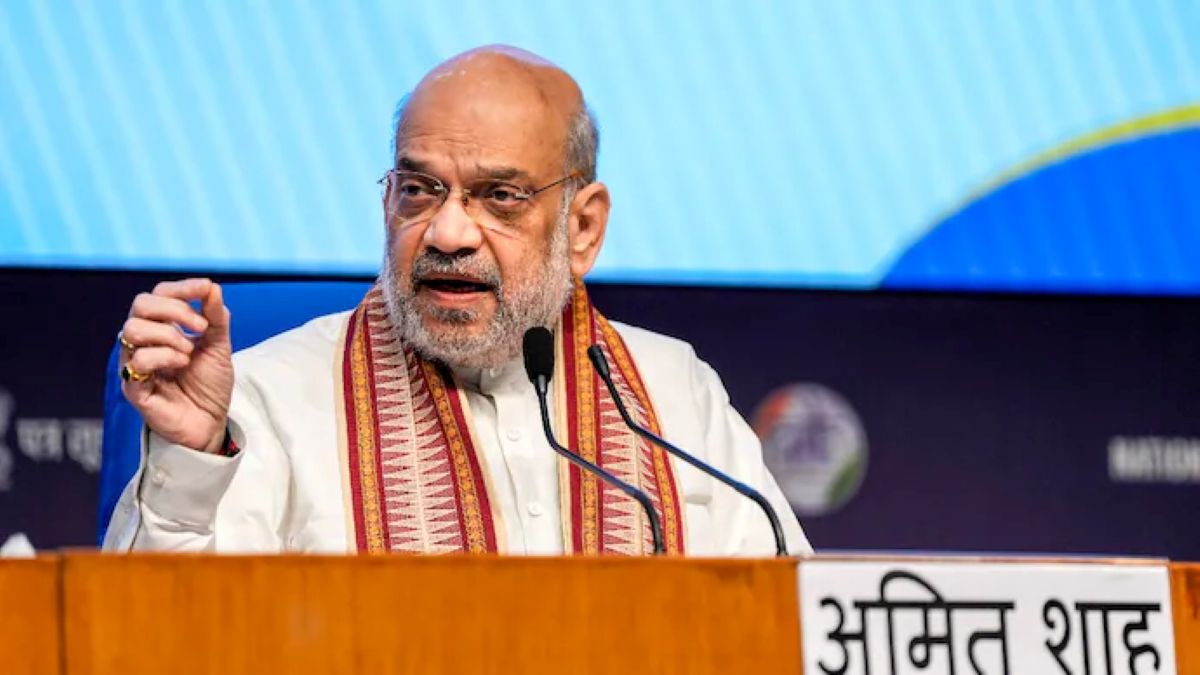)



